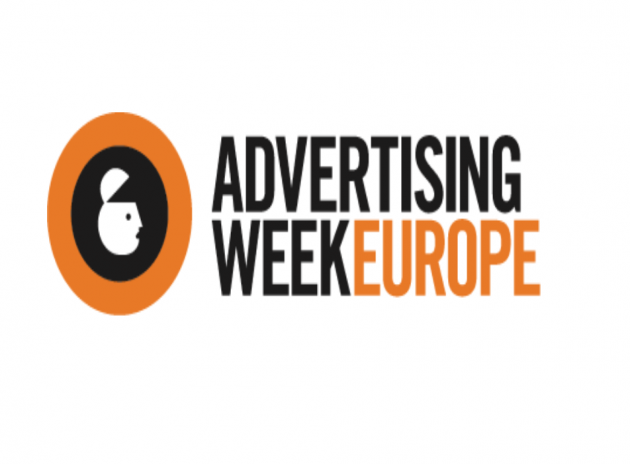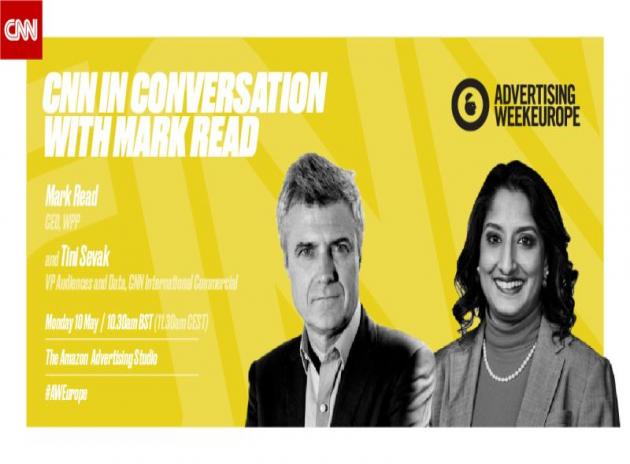Corporations must carry the rainbow flag into battles not yet won
Richard Quest, Anchor, Quest Means Business, CNN International
Fifty years ago last week, on a sweltering night in Manhattan’s Greenwich Village, a scruffy dive bar became the centre of a new kind of civil rights movement. A fight broke out after a raid on the Stonewall Inn, a focal point for New York’s gay community.
It turned into a riot, which ultimately sparked a revolution among a section of society that was utterly marginalised and persecuted. At that time, it was impossible for LGBTQ people to live out in the open. Police harassment was one of innumerable obstacles that blocked their path to living a normal life.
“Fast forward 50 years and things have changed beyond recognition”
Fast forward 50 years and things have changed beyond recognition in this part of the United States. Last Wednesday I flew into Newark from London and strode through immigration along a rainbow carpet. Wherever you look, New York – like London, Sydney, and many other major cities around the world – is currently festooned with rainbow flags and banners celebrating Pride Month.
I love the idea of Pride. I love the fact that major cities have such open celebrations of the LGBTQ community. I have my own reasons to thank those who took the fight to the NYPD that night in 1969. 30 years ago, when I was plucking up the courage to come out to my family, the world was a lot narrower than it is now, but Stonewall was a part of what gave me the confidence to take that step. Now I can look forward to getting married next year, and I can enjoy many of the rights my straight friends and colleagues take for granted.
On the face of it, the progress is extraordinary. The fight for equality, however, is far from over. For example, it still amazes people when I tell them that, in the United States, there is still no federal law to protect people to be fired for being gay.
Subsequent research showed that the political backdrop in the U.S. has played a role here. The current administration, Ellis said, has delivered 114 attacks on the LGBTQ community either in the form of rhetoric or policy rollbacks. This, she explained, was having an impact on impressionable youth. Likewise, while those identifying as gay and lesbian have become accepted, other communities such as transgender people remain marginalised.
“I have seen a definite shift in attitudes towards activism”
In this context, the role of corporations becomes more important. I interview business leaders almost every night of my life, and I have seen a definite shift in attitudes towards activism. The past couple of years have seen companies get on the front foot politically. Levi Strauss has waded into issues from gun control to immigration; Nike took a major political risk by doubling down on its support for Colin Kaepernick. Apple, Google and Facebook all protested the White House’s policies on transgender issues. They’ve taken risks and been brave.
Political activism is one thing, appropriating a cause to make money is another. You cannot help but wonder how sincerely the rainbow flag is being adopted this month; would companies be so keen if there was a financial risk involved?
This stuff matters: a big reason why the environment has changed so much in the United States and Europe since that hot Manhattan night in 1969 is down to the role of business and the growth in liberal ideals that has allowed them to prosper. In a week where Vladimir Putin told the Financial Times that liberalism has run its course, the principles underpinning it are worth reviewing and defending.
Individual freedom is what has made the world’s great cities – London, New York, Paris, Sydney among them – attract the best and the brightest people. Their diversity, their tolerance, their freedoms, are what make them great places to live, as well as economic and creative powerhouses.
Botswana decided recently to decriminalise homosexuality; Kenya decided it would not. There are still 70 countries in the world where being LGBTQ is illegal. Global companies hold sway in those countries, and their role is vital. As Ellis said to me last week, these companies can have a real impact in places where their values are not shared by those in power. Such business may be the only safe haven for LGBTQ people there.
So, while I believe that we should, on balance, celebrate the corporate embrace of the LGBTQ community, companies must also live the values they espouse. Pride only goes so far, especially if it only gets celebrated for a few weeks a year. The freedoms companies are joining in to celebrate have been hard won, and the role of business is central to the battles still being fought around the world, including in the United States.







